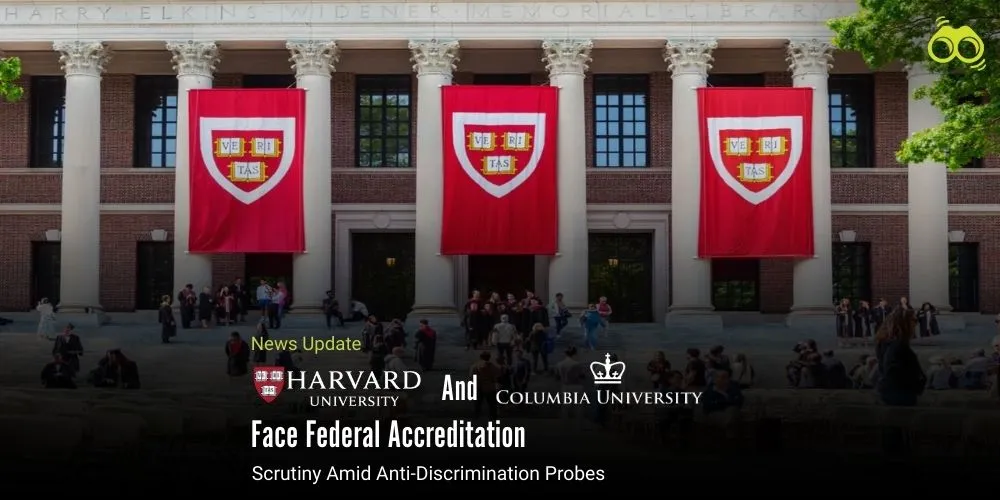U.S. Government Leverages Accreditation to Reshape Higher Education Landscape
Federal Scrutiny Intensifies: Harvard and Columbia Face Accreditation Investigations
The Trump administration has intensified its oversight of leading U.S. universities, signalling a strategic shift in its approach to reforming higher education. By scrutinising the accreditation status of institutions such as Harvard and Columbia, federal officials are deploying regulatory mechanisms to exert influence over universities that have historically operated with considerable autonomy.
This development reflects a broader attempt to reshape the structure of American higher education through heightened federal involvement. As part of this initiative, the administration is reportedly applying pressure on accrediting agencies, which play a pivotal role in enabling universities to access federal grants and student loans. Consequently, observers interpret this as a significant move to utilise accreditation as a lever for advancing political and policy objectives across the academic sector.
According to reports, the U.S. Departments of Education and Health and Human Services have notified Harvard’s accreditor of potential violations of anti-discrimination laws. A federal investigation concluded that the university may have failed to adequately respond to anti-Semitic harassment on campus, thereby potentially breaching Title VI of the Civil Rights Act. Education Secretary Linda McMahon asserted that such incidents were permitted to persist without appropriate intervention.
The loss of accreditation can severely damage a university’s reputation and restrict student access to federal financial aid. Jan Friis of the Council for Higher Education Accreditation underscored its financial significance for both institutions and students. This action is widely viewed as part of President Trump’s broader political agenda, wherein accreditation reform is seen as a vehicle for reshaping the higher education landscape. An executive order issued in April directed the Education Secretary to review accrediting bodies that support diversity initiatives. Although the federal government lacks the authority to directly revoke accreditation, it can exert pressure on accrediting agencies to enforce compliance.
Harvard, accredited by the New England Commission of Higher Education since 1929, has strongly refuted the federal allegations and reaffirmed its adherence to accreditation standards and its commitment to combating discrimination. Columbia University is likewise under federal scrutiny, with its accreditor requesting a monitoring report and scheduling a formal review for 2026.
Meanwhile, higher education experts have voiced concern over the political implications of these actions. Jon Fansmith of the American Council on Education cautioned that such federal involvement could be perceived as political interference in a process traditionally regarded as impartial. Although he expressed doubt that prestigious institutions like Harvard would ultimately lose accreditation, he acknowledged that the investigations could establish a precedent for increased federal influence over university governance. This marks a critical juncture in the evolving relationship between federal authority and academic independence.
Editor’s Note:
The recent rise in federal investigations into top universities signals a concerning change in how the government interacts with higher education. By using the accreditation process to target institutions like Harvard and Columbia, the Trump administration seems to be shifting a system that’s meant to ensure academic quality into one that serves political purposes. While it’s important for universities to follow anti-discrimination laws, the way these investigations are being carried out has raised serious questions. Accreditation is meant to protect students and uphold educational standards, not to push political agendas or punish schools for their beliefs or values.
According to Skoobuzz, turning accreditation into a political tool could damage trust in the fairness of the system and threaten the independence that universities need to thrive. Higher education should remain a space for learning, research, and open discussion free from unnecessary political pressure.














0 Comments (Please Login To Continue)